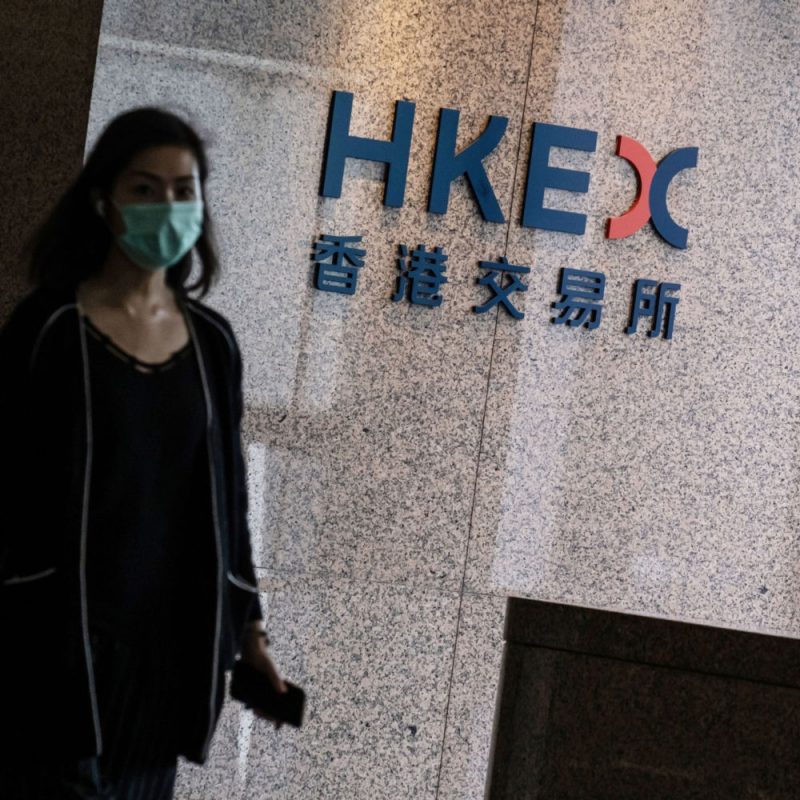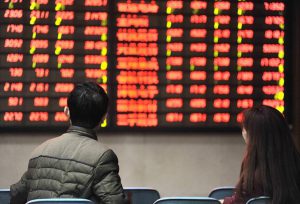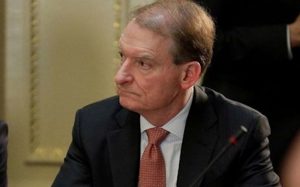Asian finance hub expands with cross-listing as SEC disappoints fund managers eager to cash in on cryptocurrencies
(AF) The Hong Kong stock exchange on Tuesday launched the first cross-listed exchange traded funds (ETFs) in Hong Kong and Shanghai under a new scheme announced in 2020.
The new listing – CSOP Huatai-PineBridge CSI Photovoltaic Industry ETF – invests 90% or more of its total net assets in an ETF approved by the China Securities Regulatory Commission and is currently listed on the Shanghai exchange.
Hong Kong Exchanges and Clearing (HKEX), the stock market operator, claims to have one of the most diverse such product offerings in Asia, with more than 140 ETFs trading more than $7.6 billion a day, up from an average daily turnover of $6.4 billion in 2020.
Total assets under management are estimated at more than $400 billion.
“These listings mark an important step forward in the development of cross-border ETFs, and deepen the collaboration between Hong Kong and Mainland exchanges,” Nicolas Aguzin, HKEX’s newly appointed chief executive, said.
DAMPED HOPES
The expansion comes as US regulators have disappointed ETF managers eager to cash in on the frenzied trading around cryptocurrencies.
US Securities and Exchange Commission chair Gary Gensler has damped hopes of a swift approval of bitcoin ETFs this year. In testimony to Congress last week, Gensler said: “There are many challenges and gaps for investor protection in [crypto] markets”.
He hinted that the SEC wants to pull cryptocurrencies more tightly under its regulatory authority before approving a list of some dozen bitcoin ETF applications from Fidelity, WisdomTree, Wilshire Phoenix, VanEck and First Trust SkyBridge.
Crypto enthusiasts originally were encouraged by Gensler’s appointment, given he had taught classes on blockchain technology at Massachusetts Institute of Technology.
STAYING AWAY
Separately, the Bank of Japan (BoJ) held off on buying ETFs in May, data showed, the first time it stayed away from the market for an entire month since Haruhiko Kuroda became governor in 2013.
The BoJ is gradually retreating from Kuroda’s “bazooka” stimulus programme, as years of heavy asset buying has drawn fire for distorting markets and loading up the central bank’s balance sheet with risk.
“It’s desirable to restrain the pace of increase in the BOJ’s holdings of ETFs and real-estate trust funds as much as possible,” BOJ board member Hitoshi Suzuki said in a speech.
With reporting by Agence France-Presse and Reuters
























